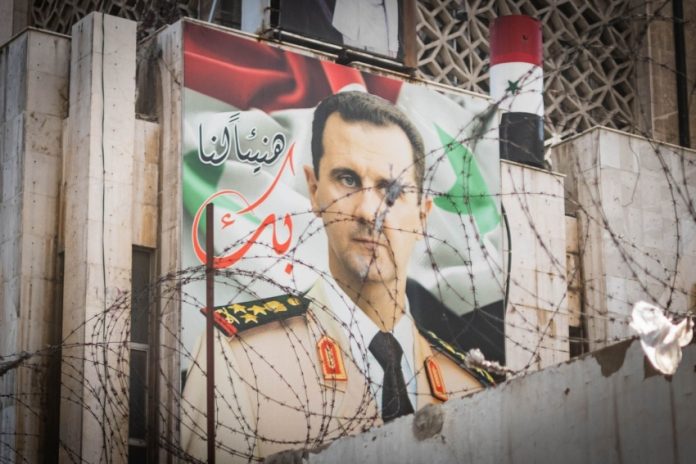Comedy is the art of conveying truth without crossing the line of offense. Comedians play a vital role in societies, especially those under authoritarian rule, by testing the boundaries of what is acceptable at any given time (Billig 2005). Syrian Comedy during both Assad regimes has been skillfully portraying the absurd realities of everyday life, allowing people to reevaluate their experiences through humor.
However, viewing comedy solely as a tool for political dissent is oversimplified. In Assad’s Syria, Comedy served as both a means of critique and a force reinforcing the regime’s ideology (Wedeen 2013). Through the lens of Syrian comedy, the complicity of ordinary citizens in perpetuating the absurdities of Syrian life was revealed, turning comedy into a form of collective confession rather than just political protest.
The Syrian media industry navigated the political landscape of both Assad regimes, adapting their art to reflect the changing realities. While Hafiz Al Assad drew clear lines of acceptability, Bashar’s regime presented a more nuanced image of a coercively liberal Syria, challenging the traditional black-and-white views of politics in the country.
Under Hafiz, comedians had clear redlines to avoid crossing, whereas under Bashar, the use of regional dialects and direct criticism of powerful figures became more prevalent in comedy productions. The evolution of Syrian comedy reflected the shifting political dynamics and the changing boundaries of permissible speech.
From 2011 to 2024, political humor in Syria faced increased censorship and underground production as comedians used satire to challenge the regime openly. The transition period following the Assad era raises questions about the future of political humor in Syria and how it will continue to interact with power structures and societal norms.
Despite the challenges and limitations, Syrian comedy has served as a critical mirror reflecting the complexities of Syrian society, highlighting the role of all citizens in shaping the country’s narrative and identity.
References
Billig, Michael. 2005. Laughter and Ridicule: Towards a Social Critique of Humour.
Dick, Marlin. 2007. “Syria under the Spotlight: Television satire that is revolutionary in form, reformist in content.” Arab Media & Society.
Noderer, Sonja. 2020. “No Laughing Matter? The Potential of Political Humor as a Means to non-violent Resistance.” Zeitschrift Für Friedens- Und Konfliktforschung.
Wedeen, Lisa. 2013. “Ideology and Humor in Dark Times: Notes from Syria.” Critical Inquiry 39 (4): 841-873.




